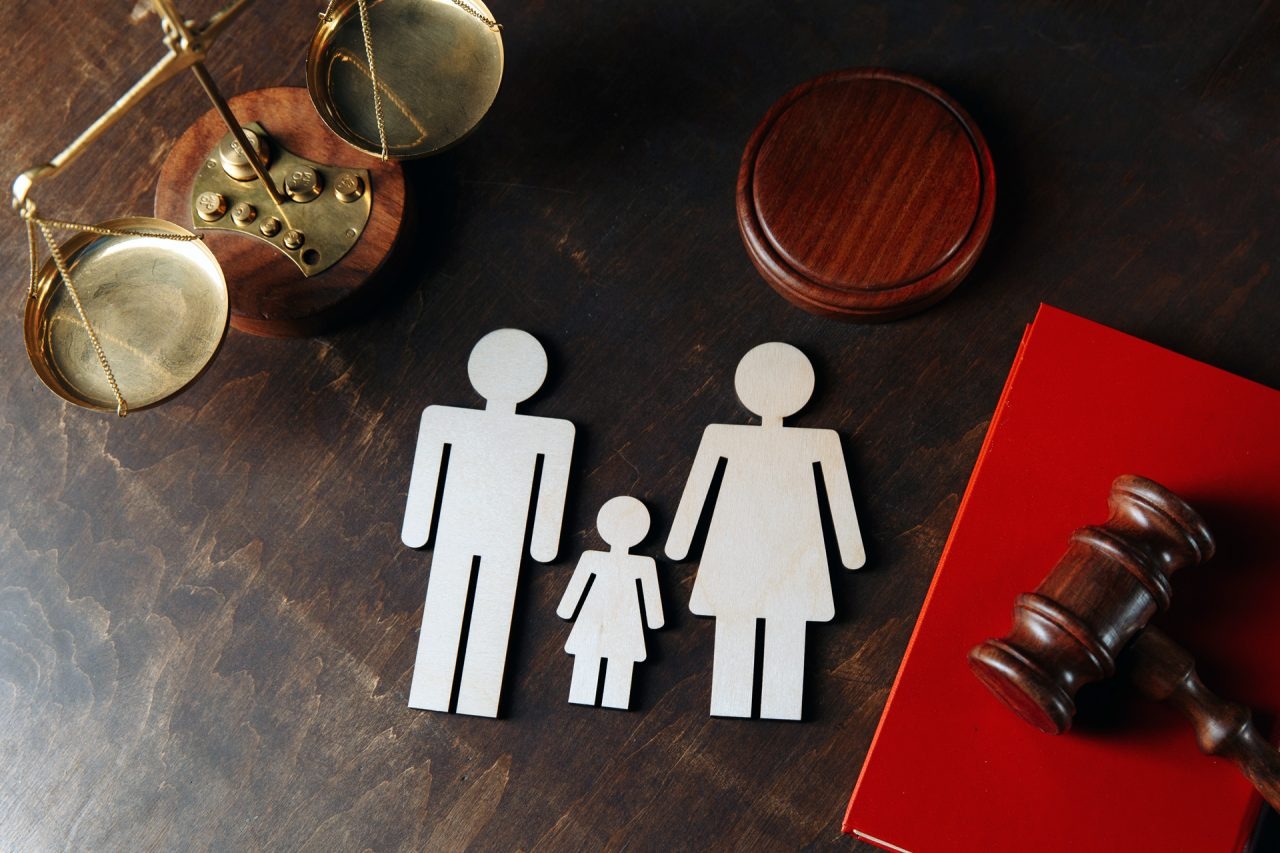In the intricate web of the legal system, perhaps no area is as emotionally charged and nuanced as juvenile dependency cases. These cases, which involve the welfare of children, demand a delicate balance of legal expertise, compassion, and advocacy.
At the forefront of this challenging terrain stand juvenile dependency lawyers, guiding families through the complexities of the system. Drawing from the experiences and expertise of leading lawyers, we delve into the vital role these legal professionals play in navigating the juvenile dependency system.
The Complexity of Juvenile Dependency Cases
Juvenile dependency cases arise when concerns regarding a child’s safety and well-being come to light. These concerns may stem from allegations of abuse, neglect, or parental substance abuse.
As Beverly Hills attorney, Sarah Mendez, explains, “Juvenile dependency cases are among the most complex in family law. They involve not just legal intricacies but also profound emotional and societal implications.”
Supporting and Representing Families
Juvenile dependency lawyers play a pivotal role in supporting and representing families embroiled in these challenging cases.
They provide legal counsel, explain court procedures, and offer emotional support during what can be an overwhelming and distressing time for families.
“Our clients often feel powerless and afraid,” says Laura Evans, a dedicated advocate for families. “Our role is to empower them with knowledge and provide reassurance as we navigate the legal process together.”
Advocating for Children’s Rights
Central to the role of juvenile dependency lawyers is the unwavering advocacy for the rights and best interests of the children involved.
Whether representing the child directly or advocating on behalf of parents, these lawyers serve as guardians of the child’s welfare.
“Our primary duty is to ensure that children are placed in safe and nurturing environments,” emphasizes Michael Greene, a seasoned juvenile dependency lawyer. “Every decision we make is guided by what is best for the child.”
Collaboration with Child Welfare Agencies
Collaboration with child welfare agencies, such as Child Protective Services (CPS), is a crucial aspect of juvenile dependency cases.
Lawyers work closely with these agencies to gather information, address concerns, and negotiate solutions that prioritize the safety and well-being of the child.
“Effective communication and collaboration with CPS are essential for achieving positive outcomes,” states David Carter, a prominent juvenile dependency lawyer.
Courtroom Advocacy and Litigation
In cases where resolution cannot be reached outside the courtroom, juvenile dependency lawyers advocate for their clients before judges and judicial officers.
They present evidence, question witnesses, and make compelling arguments aimed at securing the best possible outcome for the child and family.
“Litigation requires a strategic approach and a deep understanding of the law,” explains Jennifer Nguyen, an experienced litigator specializing in juvenile dependency cases.
Rehabilitation and Reunification
For families involved in juvenile dependency cases, the ultimate goal is often rehabilitation and reunification. Juvenile dependency lawyers work tirelessly to facilitate this process, advocating for services and support programs that help parents address underlying issues and reunite with their children in a safe and stable environment.
“Reunification is a journey, not a destination,” remarks Daniel Adams, who has dedicated his career to helping families navigate this challenging path.
Ensuring Due Process
Juvenile dependency lawyers are staunch advocates for due process rights. They ensure that their clients receive fair treatment under the law, including the right to be heard and the right to legal representation.
“Due process is fundamental to the integrity of the juvenile dependency system,” emphasizes Rebecca Martinez, a dedicated advocate for procedural fairness.
Addressing Cultural Sensitivity and Diversity
In a diverse society like Beverly Hills, cultural sensitivity is paramount in juvenile dependency cases. Lawyers must understand and respect the cultural backgrounds and traditions of the families they represent, ensuring that interventions are culturally appropriate.
“Cultural competence is essential for effective representation,” says Juan Ramirez, who specializes in serving diverse communities.
Collaborating with Guardian ad Litems
Guardian ad Litems (GALs) are appointed by the court to represent the best interests of the child. Juvenile dependency lawyers collaborate closely with GALs to develop recommendations and strategies that prioritize the child’s well-being.
“Working in tandem with GALs allows us to leverage their expertise in child advocacy,” notes Amanda Foster, a skilled negotiator and collaborator.
Addressing Mental Health and Substance Abuse Issues
Many juvenile dependency cases involve parents struggling with mental health disorders or substance abuse issues. Lawyers play a critical role in connecting their clients with appropriate treatment and support services, advocating for solutions that address underlying challenges.
“Addressing mental health and substance abuse issues is often key to achieving family reunification,” explains Steven Parker, who specializes in cases involving parental rehabilitation.
Advocating for Education and Support Services
Children involved in juvenile dependency cases may have unique educational needs or require additional support services.
Lawyers advocate for access to quality education, counseling, and other resources that promote the child’s academic and emotional well-being.
“Education is a cornerstone of stability and success for children in foster care,” says Jessica Hernandez, a passionate advocate for educational equity.
Monitoring Placement and Care
After children are placed in foster care or alternative arrangements, juvenile dependency lawyers monitor their placement and care to ensure that their rights and needs are being met.
They advocate for appropriate placements, visitation schedules, and access to essential services. “We serve as watchdogs to ensure that children are thriving in their placements,” remarks Alex Thompson, who emphasizes the importance of ongoing monitoring.
Conclusion
Navigating the juvenile dependency system requires more than just legal expertise; it demands compassion, dedication, and a deep commitment to the welfare of children and families.
Leading lawyers in this field play a crucial role in guiding families through the complexities of the legal process, advocating for children’s rights, and working towards positive outcomes that prioritize safety, stability, and family reunification.

